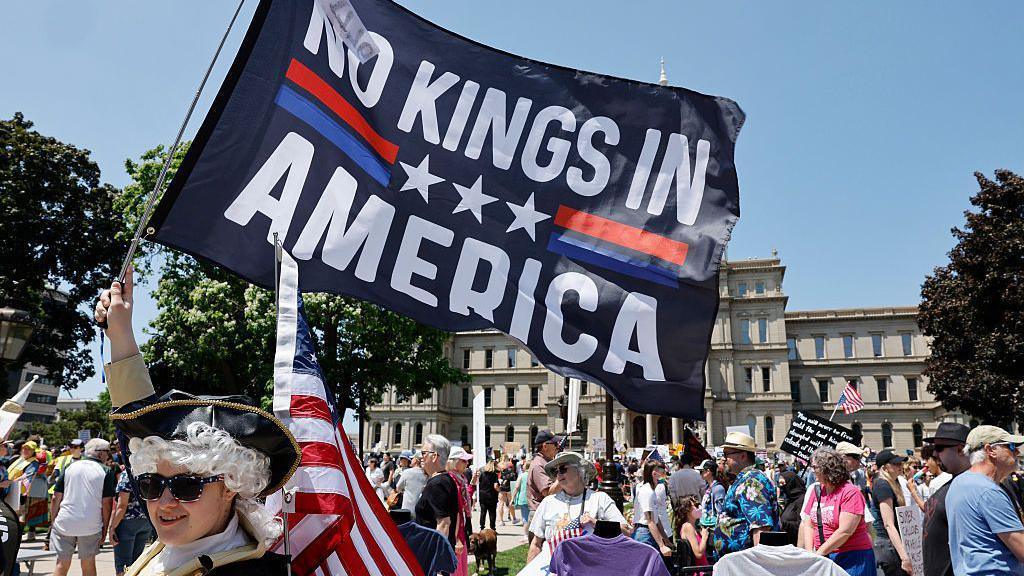Protests Today: Understanding Current Movements

The Importance of Protests Today
Protests have become a significant part of societal discourse as citizens globally mobilise to express their views and demand change. The events of recent years have underscored the necessity of public demonstration as a mechanism for voicing concerns regarding social, political, and economic issues.
Recent Protests Across the Globe
In the past week, cities around the world have seen a surge in protests on various issues. For instance, in London, thousands gathered in Parliament Square to protest against the government’s proposed cuts to public health funding. Organisers claim that these cuts threaten the very fabric of the National Health Service, which has faced unprecedented challenges during the pandemic.
Simultaneously, protests have erupted in multiple cities in Brazil, with citizens expressing their dissatisfaction over the government’s handling of environmental policies, particularly in relation to deforestation in the Amazon rainforest. Activists are urging the government to take immediate action to protect the environment, citing the dire impact of climate change.
In the United States, recent demonstrations have focused on systemic racial inequality and police reform. Events in major cities like New York and Los Angeles have drawn attention to ongoing issues surrounding racial justice as citizens call for legislative changes to prevent discrimination and promote equity.
The Significance of Today’s Protests
These demonstrations serve not only as a platform for expressing dissent but also as a call to action for governments to listen to their constituents. The ability to protest is a fundamental right, and today’s movements illustrate the collective power of citizens coming together for a common cause.
Experts believe that the rise in protests reflects growing discontent with current political systems and societal norms. There is a clear indication that people are no longer willing to remain silent, and the demand for accountability and reform is louder than ever. These events have prompted discussions about freedom of speech, the role of government in addressing public concerns, and the importance of civic engagement.
Conclusion
As we observe events unfold in various parts of the world, it is evident that protests today carry significant weight in shaping societal narratives. They highlight the urgent need for change and serve as a reminder of the philosophies underpinning democratic engagement. Moving forward, the outcomes of these protests will likely influence public policy and spark further discussions on the issues that matter most to citizens around the globe.
